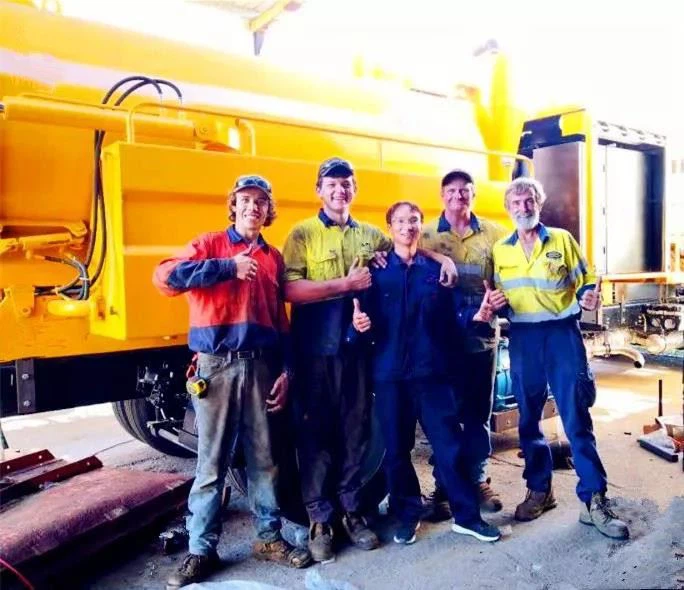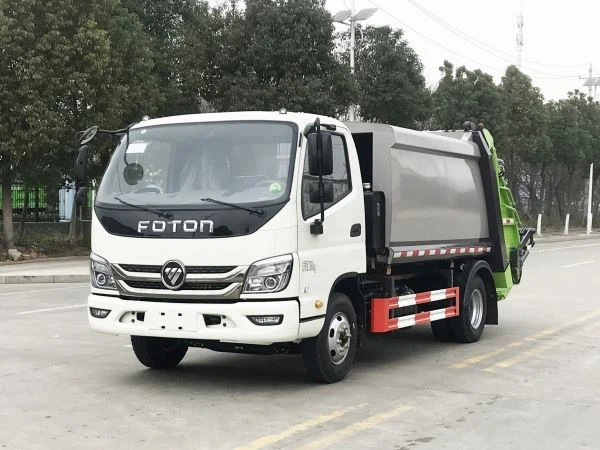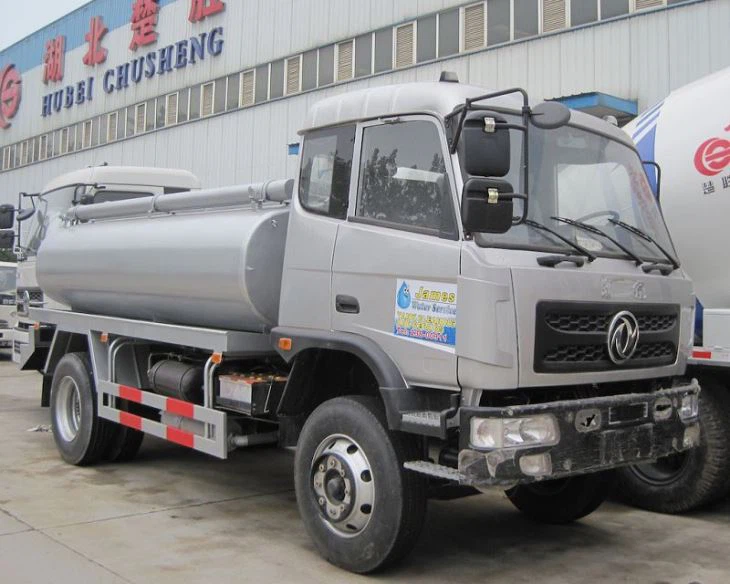Everything You Need to Know About Trash Trucks

Trash trucks are an essential part of modern waste management and play a crucial role in keeping our communities clean and sustainable. This article explores the different types of trash trucks, their functions, importance, and future trends.
Understanding Trash Trucks
What is a Trash Truck?
A trash truck, often referred to as a garbage truck, is a vehicle designed specifically for collecting waste materials from residential, commercial, and industrial locations. Equipped with specialized machinery, these trucks facilitate efficient waste management and disposal.
Types of Trash Trucks

There are several types of trash trucks, each designed for specific waste collection needs. Below are the most common types:
1. Front-Loader Trucks
Front-loader trucks are commonly used in commercial settings. They have an open top and use a pair of forks to lift dumpsters, making it easy to collect waste efficiently.
2. Rear-Loader Trucks
Rear-loader trucks have a mechanism at the back for waste collection. Waste is manually loaded into the back, making them suitable for residential areas with less dense rubbish.
3. Side-Loader Trucks
These trucks can pick up garbage from both commercial and residential locations. They have a hydraulic arm on the side to automate the loading process.
4. Automated Garbage Trucks
Automated trucks utilize robotics to collect waste, improving efficiency and safety for the operators. They have programmable systems to optimize collection routes.
Key Components of Trash Trucks
Understanding the components of a trash truck is crucial for comprehending its operation:
| Component | Description |
|---|---|
| Compactor | Compresses waste to maximize truck capacity. |
| Chassis | The truck’s frame, which supports the body and carries the wheels. |
| Hydraulic System | Powers various functions, such as lifting and compacting waste. |
| Body | The part of the truck where waste is stored. |
The Importance of Trash Trucks in Waste Management
Environmental Benefits
Trash trucks are vital in minimizing waste pollution and maintaining clean environments. By ensuring effective waste collection, these trucks help reduce litter, promote recycling, and encourage responsible waste disposal practices.
Economic Importance
Efficient waste management, facilitated by trash trucks, contributes to local economies by supporting jobs in waste collection and disposal industries. Proper waste management also encourages tourism and local business growth.
Health and Safety
Regular waste collection prevents the buildup of garbage that can attract pests and spread diseases. Trash trucks play a crucial role in public health by ensuring that waste is removed timely from neighborhoods.
How Trash Trucks Work
The Collection Process
The collection process involves specific steps to ensure efficiency:
- Route Planning: Drivers plan their routes to optimize time and fuel use.
- Waste Pickup: Trash trucks stop at designated locations to collect garbage.
- Compaction: Waste is compacted to maximize space within the truck.
- Transportation: The truck transports the waste to disposal or recycling facilities.
Maintenance of Trash Trucks
Regular maintenance is crucial for the optimal functioning of trash trucks:
- Routine checks on the hydraulic system and compactor.
- Regular oil changes and engine maintenance.
- Inspection of tires and braking systems for safety.
Technological Innovations in Trash Trucks
GPS and Route Optimization

Many modern trash trucks now come equipped with GPS systems. These technologies help in real-time navigation and route optimization, reducing fuel consumption and improving service efficiency.
Robotics in Waste Collection
The introduction of robotic arms has streamlined the waste collection process, allowing for more efficient and safer disposal of waste without requiring extensive manual labor.
Trash Truck Regulations and Compliance
Government Regulations
Trash trucks must comply with various federal and local regulations regarding emissions, waste disposal, and safety. Regular inspections ensure fleet compliance with these standards.
Industry Standards
The waste management industry has established standards to ensure the safe and environmentally responsible operation of trash trucks. These standards aim to improve service reliability and reduce environmental impacts.
Future Trends in Waste Management and Trash Trucks
Green Technologies
With a growing emphasis on sustainability, many manufacturers are investing in electric and hybrid trash trucks. These vehicles significantly reduce carbon footprints compared to their diesel counterparts.
Smart Waste Management
Data analytics and IoT technology are increasingly being integrated into waste management systems. These advancements allow for better monitoring and management of waste collection, helping cities become smarter and more efficient.
Best Practices for Effective Waste Collection
Avoiding Common Trash Issues
Effective trash collection requires a collaborative effort among waste management companies, municipalities, and residents. Here are some tips to avoid common issues:
- Ensure proper segregation of waste: Reduce contamination by sorting recyclables and compostables.
- Use trash bags properly: Ensure bags are sealed to prevent spills during collection.
- Follow collection schedules: Be mindful of pick-up times to avoid overflowing bins.
Community Involvement
Encouraging community participation in waste management initiatives can have a significant impact. Organizing clean-up drives and recycling workshops can enhance public awareness and responsibility toward waste management.
FAQs about Trash Trucks
1. How often do trash trucks collect waste?
Collection frequency varies by location; many residential areas typically have pickups once a week, while commercial areas may have more frequent service.
2. What happens to the waste after it is collected?
After collection, waste is transported to landfills or recycling facilities. Some waste may be treated or composted depending on local waste management systems.
3. Are trash trucks environmentally friendly?

Modern trash trucks are becoming more environmentally friendly, with new technologies focusing on reducing emissions and increasing recycling efforts.
4. Can residents request specific collection times?
Most municipalities have set schedules, but residents can often contact their local waste management office to see if special arrangements can be made.
5. How do automated trash trucks work?
Automated trash trucks use robotic arms to lift trash bins from the curb and empty them into the truck, reducing the need for manual labor.
6. What types of waste can be disposed of in trash trucks?
Trash trucks typically collect household waste, but items such as hazardous materials or electronics may require special disposal arrangements.
